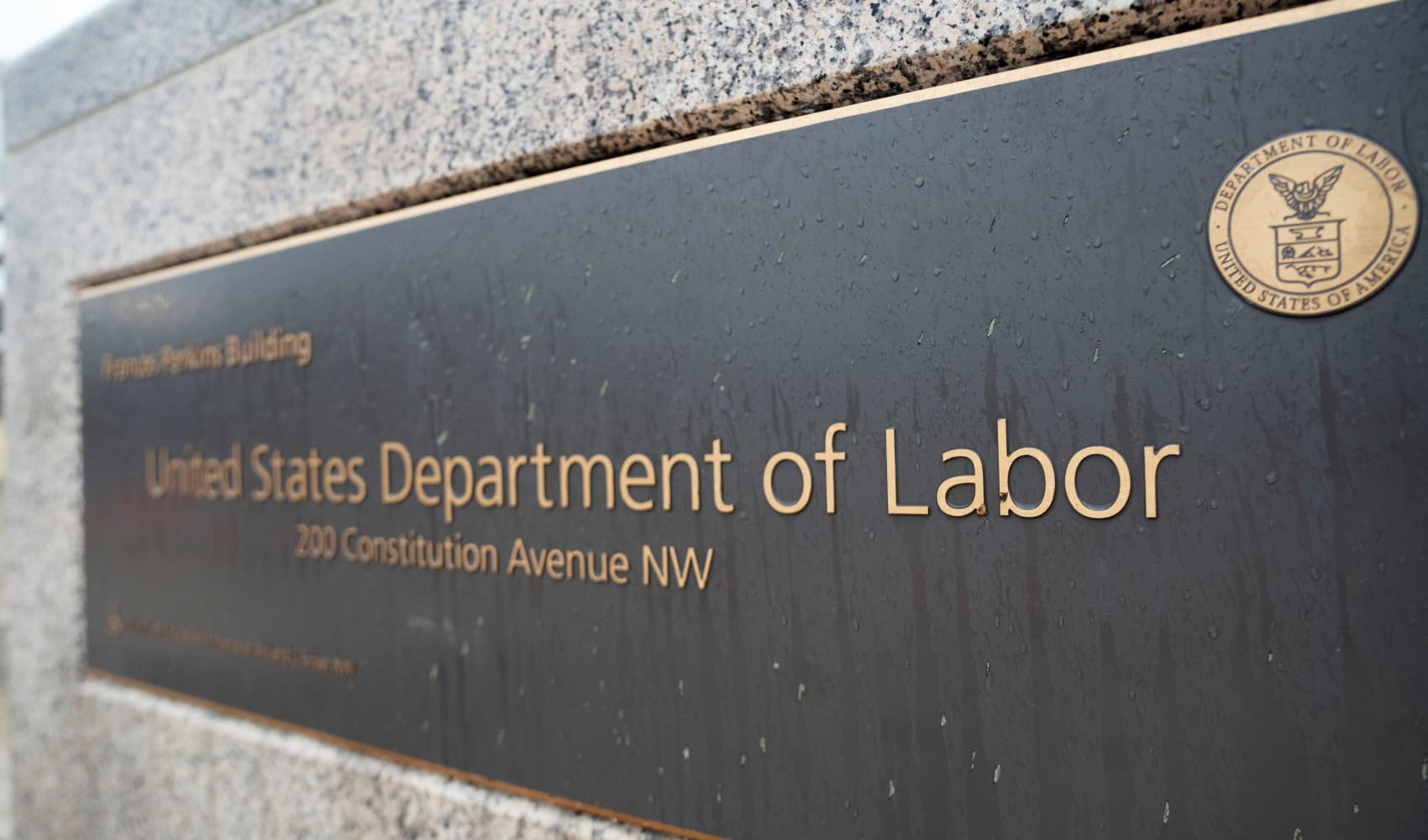
- Parents can currently get a child tax credit of up to $3,000 per child under 18 years old, and $3,600 for kids under age 6. That value is poised to drop to $1,000 per kid after 2025.
- The current version of Democrats' Build Back Better Act would only extend the current credit for another year, through 2022.
- However, the legislation would make the credit fully refundable permanently.
The child tax credit is poised to get a significant haircut by mid-decade, even if Democrats pass the most recent version of their $1.75 trillion social and climate plan.
Starting in 2026, the value of the tax break for parents would plunge by more than two-thirds relative to current law, to $1,000 per child from a maximum $3,600, if Congress doesn't intervene.
That possibility is due to key aspects of two laws: a 2017 tax law passed by the Republican-controlled Congress, and the American Rescue Plan passed in March by the current Democratic majority.
Get Southern California news, weather forecasts and entertainment stories to your inbox. Sign up for NBC LA newsletters.
Both laws raised the credit's value (among other changes) — but only temporarily.
More from Personal Finance:
Same-sex couples may get tax break from Democrats' social plan
Nearly half of all Americans expect to retire in debt
How to pay 0% capital gains taxes with a six-figure income
The 2017 law boosted it to $2,000 per child under 17 years old, up from $1,000. The American Rescue Plan enhanced it further for low- and middle-income parents: up to $3,000 per child under 18, and $3,600 for kids under 6.
Money Report
The American Rescue Plan Act, a pandemic relief measure, only raised the value for 2021. The 2017 law, known as the Tax Cuts and Jobs Act, raised it through 2025.
At that point in time, the value would fall to the level pre-Tax Cuts and Jobs Act. However, Congress won't necessarily let the tax credit revert to its $1,000 value.
"There's a long history of the child tax credit being expanded temporarily, and when the deadline hits it gets extended again," said Elaine Maag, a principal research associate at the Urban-Brookings Tax Policy Center, who specializes in income-support programs for low-earning families. "So it's not clear to me we should assume the whole tax law will come back in."
Low-income families
If existing law does expire, low-income households would bear the brunt of the impact, while middle and high earners would generally see limited to no impact, Maag said.
That's because other aspects of the tax code would revert to pre-Tax Cuts and Jobs Act status for households after 2025.
Most significantly, while the child tax credit's value would fall, the personal exemption would also come back. The provision lets taxpayers exempt $4,050 of income (for themselves and each of their dependents) from tax.
However, lower earners (who may have little to no taxable income to offset) might not get a significant financial benefit.
"For low-income families, they received very few benefits from the exemption," Maag said.
Democrats are trying to preserve aspects of the American Rescue Plan's enhancements in legislation to expand the social safety net and tackle climate change.
The current version of the bill, which may change, would temporarily preserve the child tax credit's current value, for 2022. It would also continue paying the credit in a monthly income stream for parents whose income is below $75,000 (single) or $150,000 (married) a year.
But it would also make permanent another of the American Rescue Plan's key changes: making the credit fully refundable.
That means low earners would get the full value of the credit regardless of their income or tax liability. Prior to the pandemic relief law, this wasn't the case — meaning nearly all the credit's benefits went to middle-earning households, Maag said. (The highest earners weren't eligible.)
This full-refundability policy would help reduce the number of children living in poverty even if the credit's value falls, Maag said.
The House aims to pass the legislation, the Build Back Better Act, this week. It would then head to the Senate, where Democrats can't afford to lose a vote due to uniform Republican opposition.
An earlier version of Democrats' legislation, originally pegged at $3.5 trillion rather than the current $1.75 trillion, would have extended the credit's current value (a maximum $3,600 per kid) and monthly-payment structure through 2025 instead of 2022. The party scaled back the measures after cost objections from centrist holdouts, Sen. Joe Manchin, D-W.V., and Sen. Kyrsten Sinema, D-Ariz.






